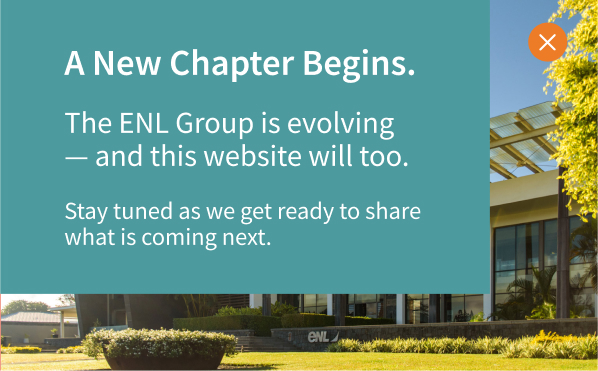There’s much to be said about co-working spaces but none of it will make any sense if, to begin with, one does not understand what co-working is.
A quick online search yields the following result:
…the use of an office or other working environments by people who are self-employed or working for different employers, typically so as to share equipment, ideas, and knowledge…

And while that pretty much hits the nail on the head, this definition brings many implications with it. Let’s take a closer look:
Think about what you need to be able to work? A plug point for your laptop, a desk, a chair and most importantly, a decent internet connection. A space that would offer you all of those is called an office; where you rent your space for a fixed price every month, where you go to work every day to meet the same people and where you sit at your same spot to finish your work.
What if you were told that you could go to work, have a flexible rental package, meet new/ different interesting people every day and sit at a different spot whenever you would like to? That is the first implication of the co-working definition. And if the co-working place of your choice is Turbine, you’ll also get to enjoy free, locally roasted coffee and surroundings that are in communion with nature.
What more could you ask for? Perhaps an informal work culture founded openness, collaboration, and sharing? There is a particular culture that comes with co-working, one that transcends job titles, years of experience and rigid aspects of white collar jobs: it is a culture of a community; people sharing ideas, consulting one another in their respective fields of expertise, and at times, even collaborating with one another. Turbine enables such community life by fostering trust, diversity, and innovation. Co-working brings diversity with it and collaborations between diverse groups of people make the best recipes for innovation.
Another perk of working from a co-working space is to have help within call. Say your laptop has a bug. Normally you’d need to call a professional in order to fix it. In a co-working space, however, it is highly likely that a developer/ IT-savvy person is sitting two tables away, willing to take a look and extend a helping hand. The same goes for professional advice. Often, when you need specific advice on any given subject, could find someone to give you their expert opinion on it and vice versa.
The final (and my personal favourite) advantage of being based at a co-working space is that you are actively, and even passively, participating at building a community of individuals who might have otherwise never met.
About the author
Shubhda Gujadhur had initially set out to become a scientist. Having graduated with a BSC in Chemistry from the University of Cape Town, she quickly found her calling: Playing a part in building a change-making and change driven community. She sought out Turbine's co-working space and fell in love with her role as a co-working ambassador.
